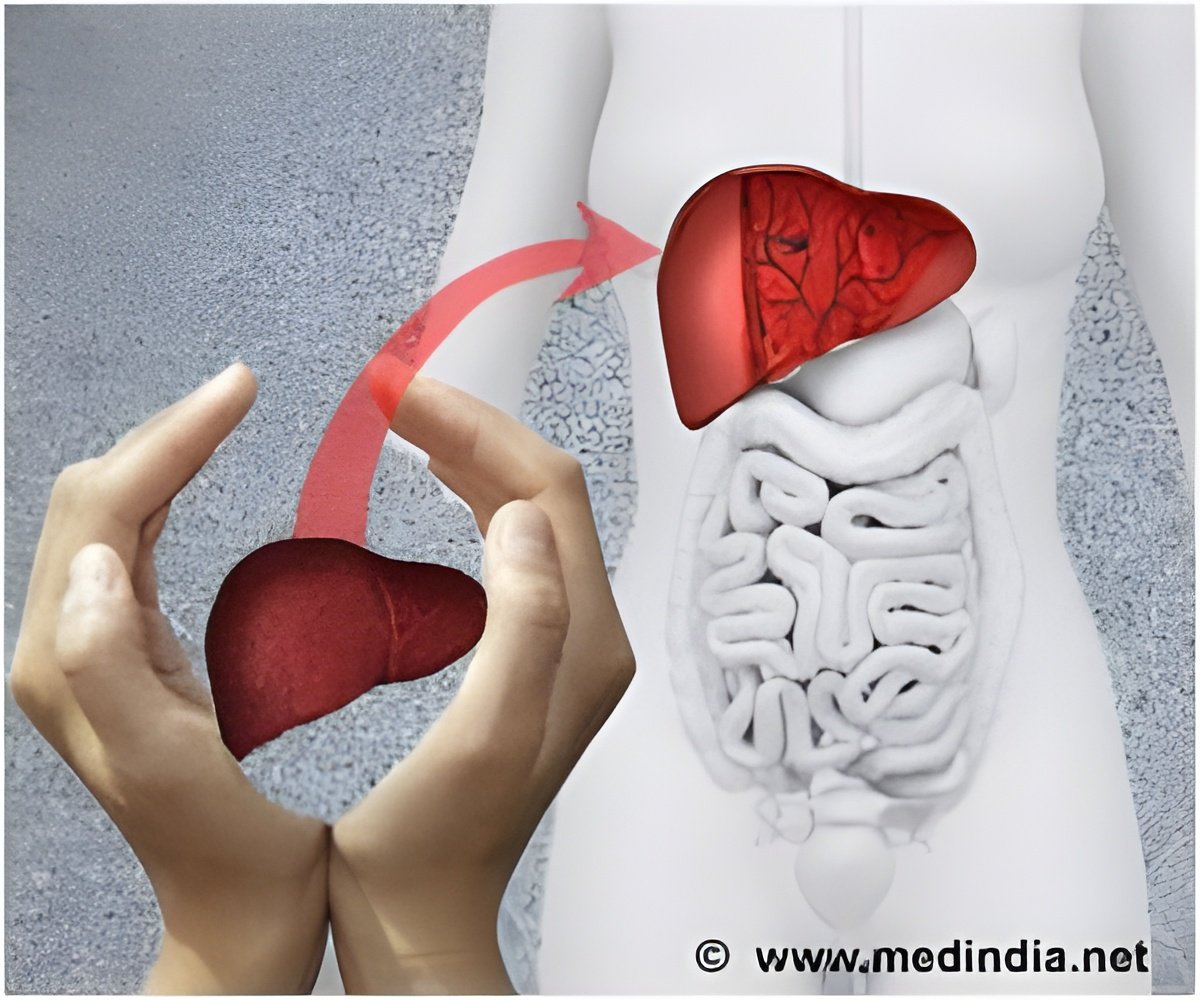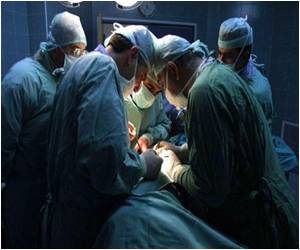
"The child was unable to metabolise proteins ingested in the daily diet. Rishi suffered from mental slowness, recurrent vomiting, poor feeding and chest and intestinal infections. For four years, the child survived on a low protein diet with medicines and imported essential amino acids formulae which cost Rs.30,000 per month," A.S. Soin, chief surgeon at the Medanta Liver Institute in Gurgaon said.
According to doctors, Rishi's father Shirish donated a portion of his liver to save his son and a liver transplant was performed.
"After the transplant, the child is now on a normal diet and mentally sharper than before. For the first time in his life, after transplant, he drank milk and ate a chocolate", said Neelam Mohan, director, pediatric hepatology.
Doctors say a liver transplant cannot be performed in all cases of citrullinemia -- the treatment through transplant is only possible if the deficiency because of the condition is mild.
"In Rishi's case, the damage to the brain was limited. For four years, the boy's parents have kept him on a low-protein, high-carbohydrate diet like rice, potato and vegetables, and specially imported powders, which kept the deficiency moderate," Soin said.
Advertisement
"Patients have to be kept on special diets that are not available in India. While liver transplant is curative, it is rarely possible as patients become very ill with their disease, and their ability to withstand surgery and reverse their condition often remains in doubt," Soin said.
Advertisement















